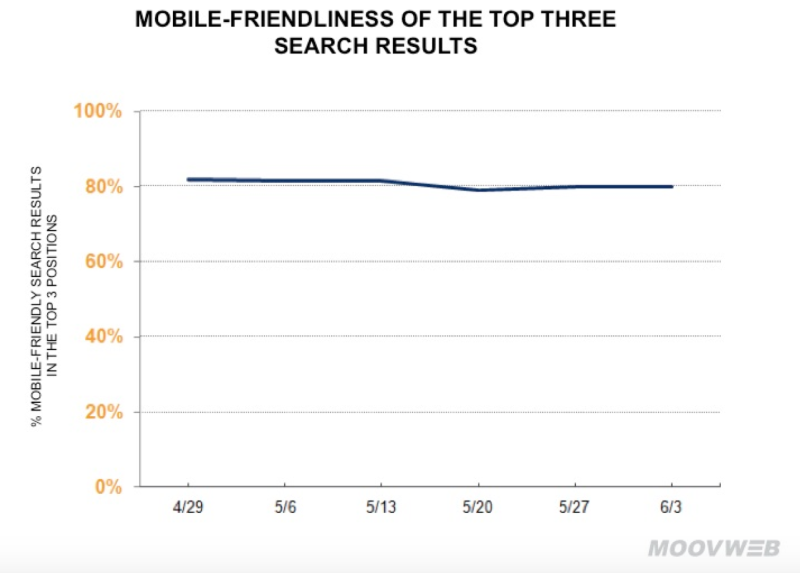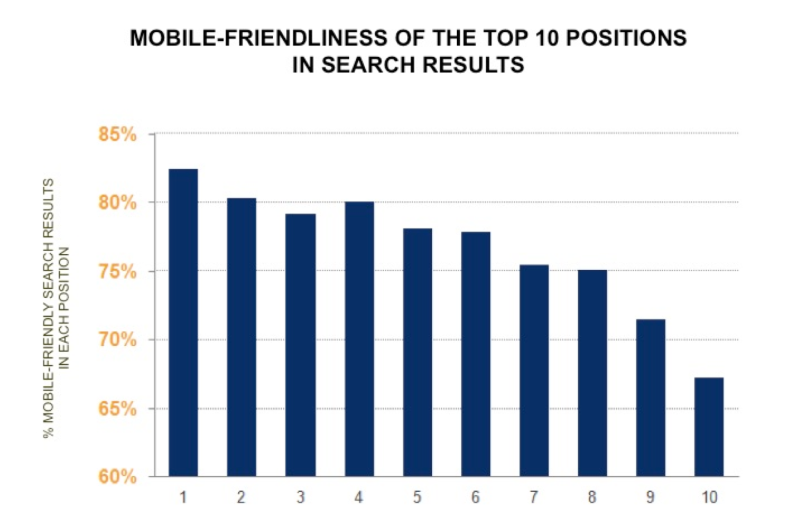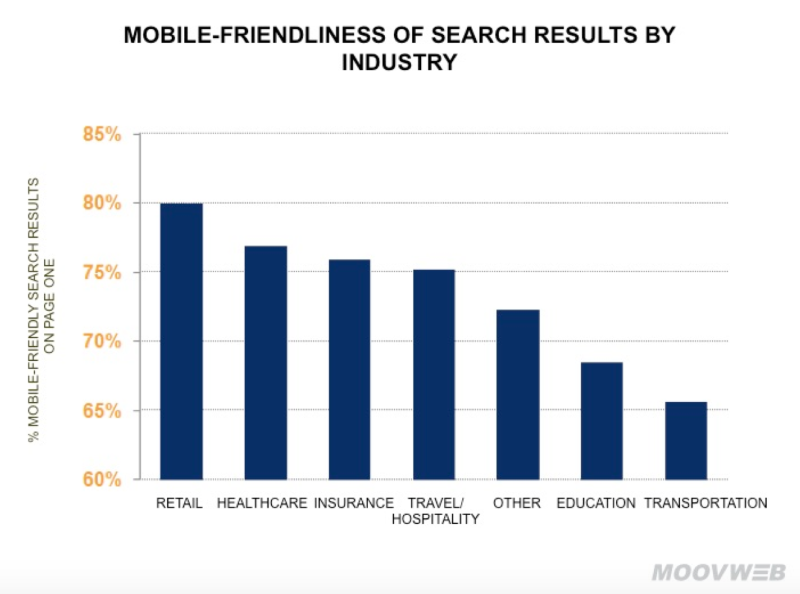
Google’s Accelerated Mobile Pages (AMP) are starting to appear in organic search results, after months of only appearing in the ‘top stories’ carousel.
What is Google AMP?
As the internet becomes increasingly mobile, Google has made site speed a top priority within its search results. Part of their effort to speed up the web has included the launch of its Accelerated Mobile Pages technology, which allows publishers to create pages using a stripped down version of HTML and JavaScript that emphasizes site speed.

Other platforms including Twitter and Facebook have launched their own versions of Accelerated Mobile Pages with their own unique features and structure.
The coding framework allows Google to pre-load numerous assets with the goal of allowing publishers to deliver content extraordinarily quickly without sacrificing style or ad revenue.
What Does This Mean For You?
In the past, Google only showed a small fraction of the 600 million AMP documents published online within the limited ‘top stories’ carousel at the top of search results. Now, all AMP pages have a chance to appear in search engine results pages (SERPs) as organic search results.
By default, Google will display AMP versions of pages in mobile search results when available.
While AMP pages do not automatically rank better than other results, they are likely to provide strong competition in SERPs. AMP pages are not a direct search ranking signal, but page speed is. Considering AMP pages take less than one second to load on average, it is likely that high-quality AMP pages could dominate mobile results in the near future.
How to Get Started Using Google AMP
If you want to start using Accelerated Mobile Pages to deliver your content to mobile visitors, you have a few options. You can manually publish two separate versions of your content – one with your standard website code, and one using Google’s streamlined version of HTML.
Or, you can use a number of plug-ins to automatically create and publish AMP versions of your content when you publish your normal version. With the WordPress AMP plugin from Automattic, you can immediately publish AMP pages with a single click. You don’t have to spend any time stressing or maintaining duplicate versions of your pages or digging into code to start publishing lightning-fast content to mobile searchers.







